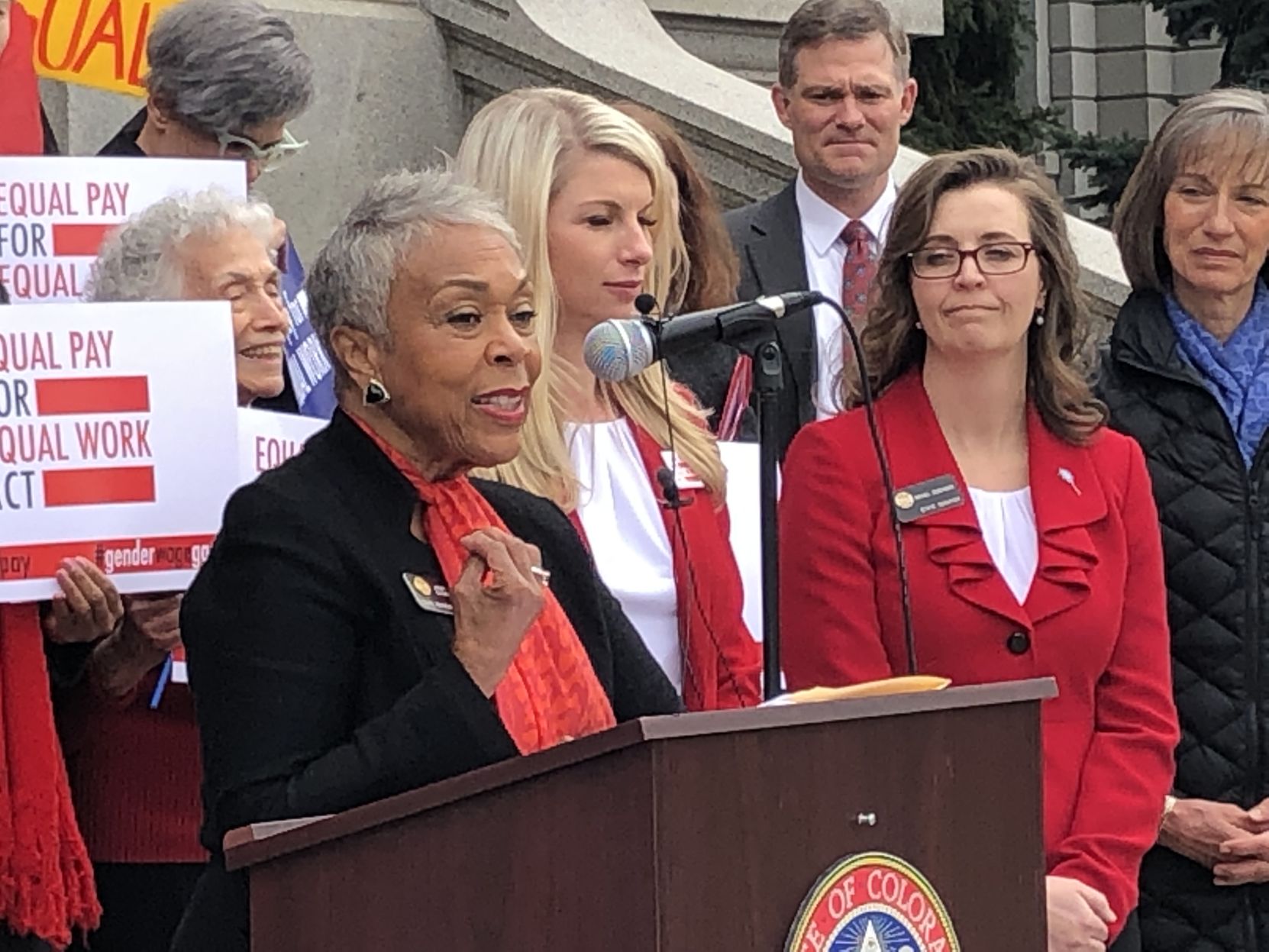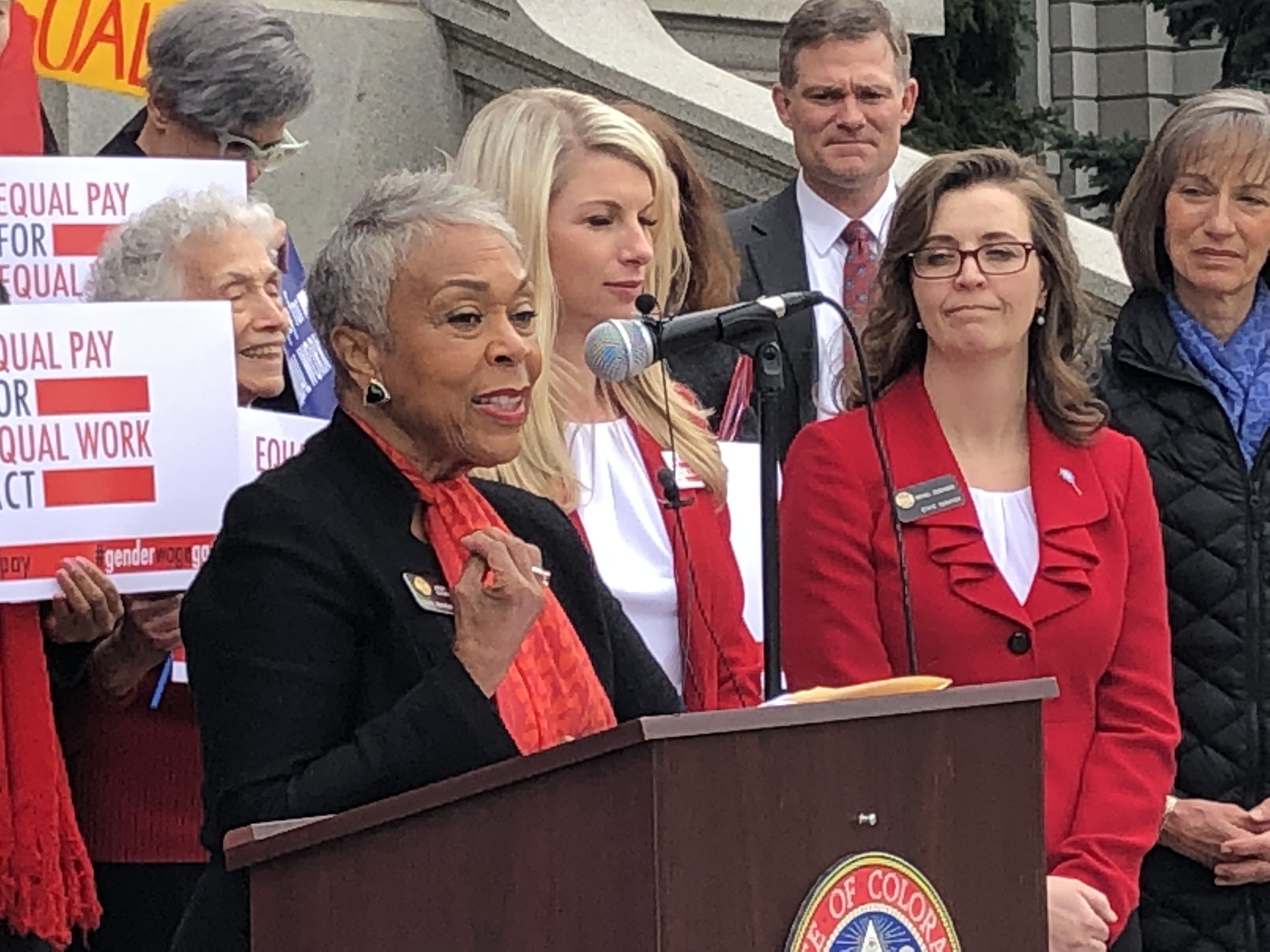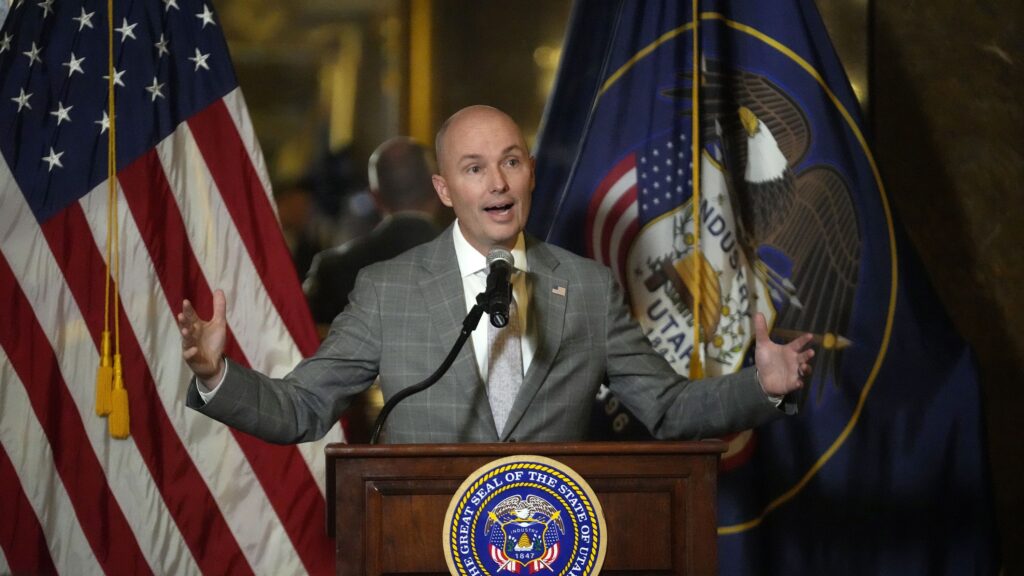INSIGHTS | Working women pay the pandemic’s highest prices

The problem is staring us in the face, but the solutions elude us. The Common Sense Institute first laid it out last month: Call this pandemic’s economic toll a “shecession.”
From last February through November, labor force participation for women with children fell 8.6%, and the monthly pay gap between men and women fell 14%. Across the country, almost 2.5 million women have lost their jobs or dropped out of the workforce since COVID-19 made landfall.
Last Friday, Vice President Kamala Harris penned an op-ed in the Washington Post, calling the exodus of women from the workforce a national emergency.
“The pandemic has created a perfect storm for women workers, but it’s different than a hurricane that has come and gone. It’s still raging,” wrote the nation’s first woman second-in-command. “The longer we wait to act, the harder it will be to bring those millions of women back into the workforce.”
She and Biden campaigned on equal pay for women, aid for women-owned small businesses, more access to education and training and addressing pay and benefits for jobs disproportionately held by women.
It’s a first-term test for them to deliver. Colorado has fought for new laws, and the laws haven’t won.
After years of trying, Democrats in the legislature passed the Equal Pay for Equal Work Act, Senate Bill 85 in 2019, which the Women’s Foundation of Colorado hailed as one of the most comprehensive of its kind anywhere in the country.
Colorado’s first equal pay legislation was introduced in 1980. The federal Equal Pay Act dates back to 1963.
If government’s not the solution, then we need another way to solve the problem.
My friend Michelle Lyng is a big-time public policy wonk and one of Denver’s top PR pros at Novitas Communications. She said women are in industries especially hard hit by the virus: restaurants, personal services, public relations and consulting.
The unfortunate reality is that the economic impact has been uneven, she said.
“Banks are killing it,” Michelle told me in an email exchange. “How many women-owned banks are there …?”
We were discussing a recent Energize Colorado survey that looked at the COVID-19-inflicted challenges placed on small businesses owned by women.
The survey included almost 1,000 women business owners across the state, and 86% had fewer than nine employees. Only about 1 in 3 have been able to maintain the same level of staff, and 75% said the biggest problem for their staff was childcare.
I was talking recently with Liddy Romero, who founded and runs the nonprofit WorkLife Partnership. She started the program on a government grant in Jefferson County, and now it’s a national operation.
The program’s navigators help business owners anonymously measure the obstacles their employees have to get over to get to work and do their best. Those challenges might ultimately cause them to lose good employees or hurt their bottom line.
If the problem is transportation, for instance, maybe a company addresses that with a bus pass or company carpool campaign. Perhaps there’s a workaround on childcare or government aid if someone could help them with the paperwork. Maybe it’s ensuring training and mentorship that good workers can use to move up.
When women struggle, so do families and children, she said. The inequities the pandemic places on women is a weight on society.
“Domestic violence and child abuse, especially, are on the rise when you’re forced home like this, but we don’t know how much,” Liddy said. “The mandatory reporters who would see something aren’t seeing kids in school or women at work or friends at gatherings. Home for you and me is a very safe place, but for a lot of Americans it’s not.”
But what else can we do to lift up women that government hasn’t already tried?
“The No. 1 thing you can do for parents (read: moms) is to re-open schools for in-person schooling,” the practical Michelle told me. “Really. That’s a legislative solution.”
I got the same immediate answer from Heidi Ganahl, the University of Colorado regent at-large. She also knows about jugging the duties of being a wife and mom, as well as a small- and not-so-small business owner.
Heidi operates a digital platform and lifestyle brand with her daughter, Tori, called SheFactor, which helps women get ahead in the workplace and in work lives.
Heidi opened a dog day care in 2000 and now the national franchise has more than 160 Camp Bow Wow locations. She and her husband, Jason, operate the GQue Championship Barbecue smokehouses you see around town. In other words, she can advise my meager portfolio anytime she wants.
Women have to do a lot of it for themselves, Heidi said, starting with finding a career that inspires them and putting themselves in a position to move up over time. She recommends creating a community of mentors and motivators at work.
“I hate to say it, but the whole ninth-place ribbon syndrome where everybody wins and there’s no competition, I think we’re reaping the fruits of that right now,” she said. “The way you fix that is to start with each individual family, each individual parent.
“People who are driven are taught to be self-sufficient, independent and to think critically. That’s what we’re missing.”














